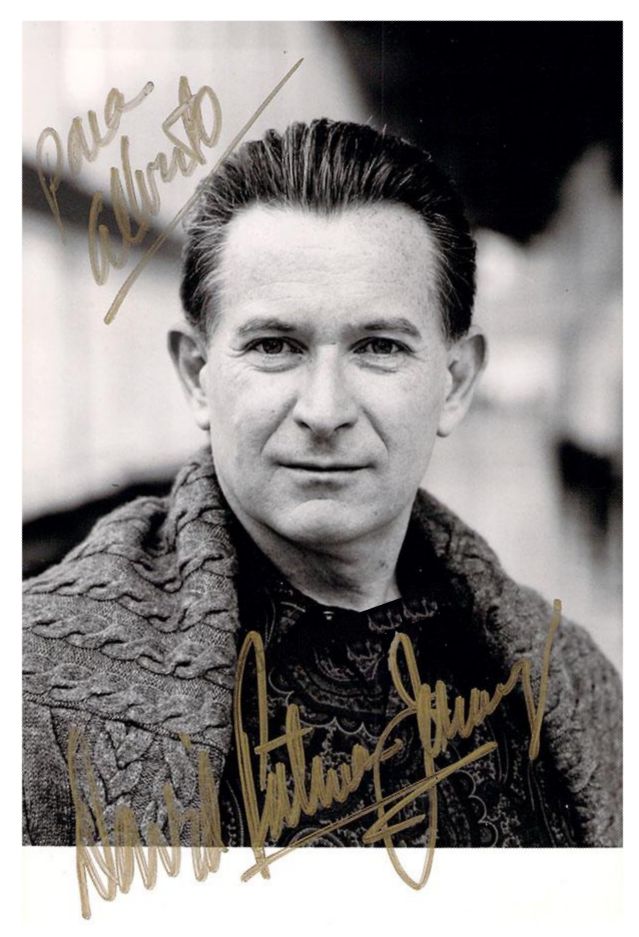

| David Pittman-Jennings, American
baritone; b. Duncan, Okla., Dec. 13, 1946. He studied voice with
Elisabeth Parham and took his B.M. cum laude in oboe (1969) at the
Univ. of Okla., and then his Masters degree in vocal performance (1974)
at Calif. State Univ. in Northridge. He continued vocal training with
Parham in Los Angeles, San Francisco, and Paris until 1998. In 1977 he made his operatic debut as Mozart’s Count at the Graz Opera, where he sang until 1979. From 1979 to 1982 he sang at the Bremen Opera. In 1982 he appeared as Fernando at the Paris Opéra. Following his debut as a soloist in Mahler’s Lieder eines fahrenden Gesellen in Bordeaux in 1983, he made his recital debut in Nice in 1984. From 1984 to 1986 he sang at the Netherlands Opera in Amsterdam. In 1987 he was engaged as Wozzeck at the Opéra du Rhin in Strasbourg, a role he sang in Parma in 1989. In the latter year, he also portrayed Schoenberg’s Moses in Lyons. After singing Germont at the Frankfurt am Main Opera in 1991, he made his first appearance at the Vienna State Opera in 1992 as Mandryka, a role he reprised at the Semper Opera in Dresden in 1994. In the latter year, he also was engaged as Pizzaro at the Berlin State Opera, as Don Alfonso at the Hamburg State Opera, and as Renato at the Bavarian State Opera in Munich. In 1995 he again portrayed Wozzeck at the Teatro Colón in Buenos Aires and Schoenberg’s Moses at the Netherlands Opera, and then repeated the latter role at the Salzburg Festival in 1996. In 1997 he appeared as Wozzeck at the Spoleto Festival U.S.A. in Charleston, S.C., and as Mandryka at the Santa Fe Opera. He sang Jochanaan at the Berlin State Opera and Scarpia in Verona in 1998, and then Rigoletto at the Leipzig Opera and Frank in Die tote stadt at the Teatro Colón in 1999. On Oct. 16, 1999, he made his N.Y. debut in Dallapiccola’s opera Il Prigioniero in a concert performance with the Montreal Sym. Orch. under Dutoit’s direction. As a concert artist, he sang with many orchestras in Europe in an expansive repertoire ranging from Bach, Haydn, Beethoven, and Berlioz to Hindemith, Walton, and Zender. [Two further biographies of David Pittman-Jennings can be found HERE. While both have much duplicate material, each contains unique items from his performing career. Also note that names which are links on this webpage refer to my interviews elsewhere on my website. BD] |
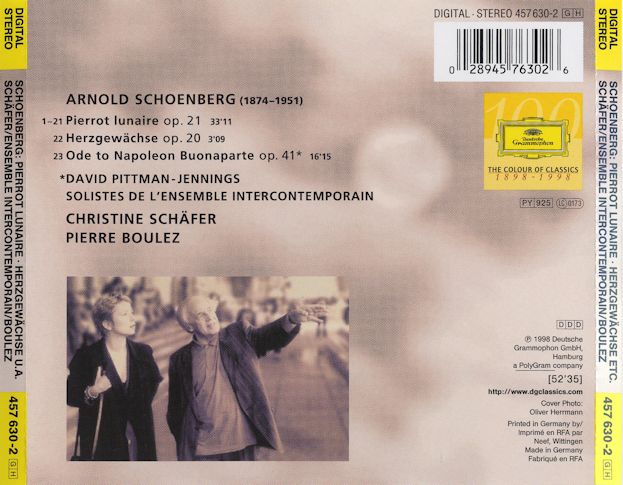 DP-J: He has done it several years ago,
but, as with Moses und Aron, which he did in ’75 with the BBC
symphony, when we got around to doing it again with the Concertgebouw,
I said, “I’m just very curious how your interpretation has evolved,” and
he said, “I have no idea. I never heard that recording. I
don’t listen to my recordings.”
DP-J: He has done it several years ago,
but, as with Moses und Aron, which he did in ’75 with the BBC
symphony, when we got around to doing it again with the Concertgebouw,
I said, “I’m just very curious how your interpretation has evolved,” and
he said, “I have no idea. I never heard that recording. I
don’t listen to my recordings.”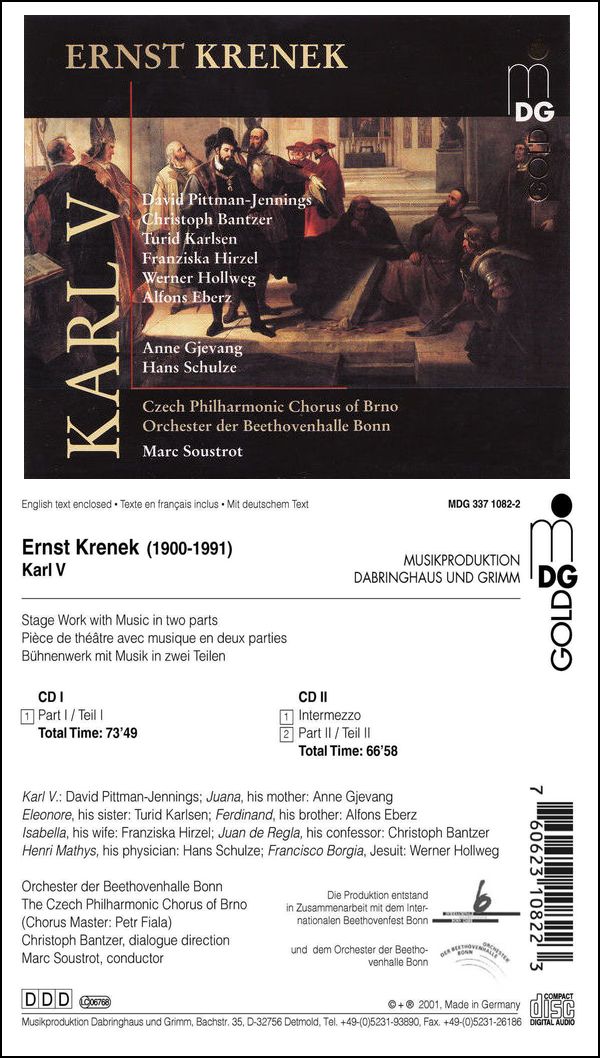 BD: [Surprised] Oh, you’re talking
poundage!
BD: [Surprised] Oh, you’re talking
poundage!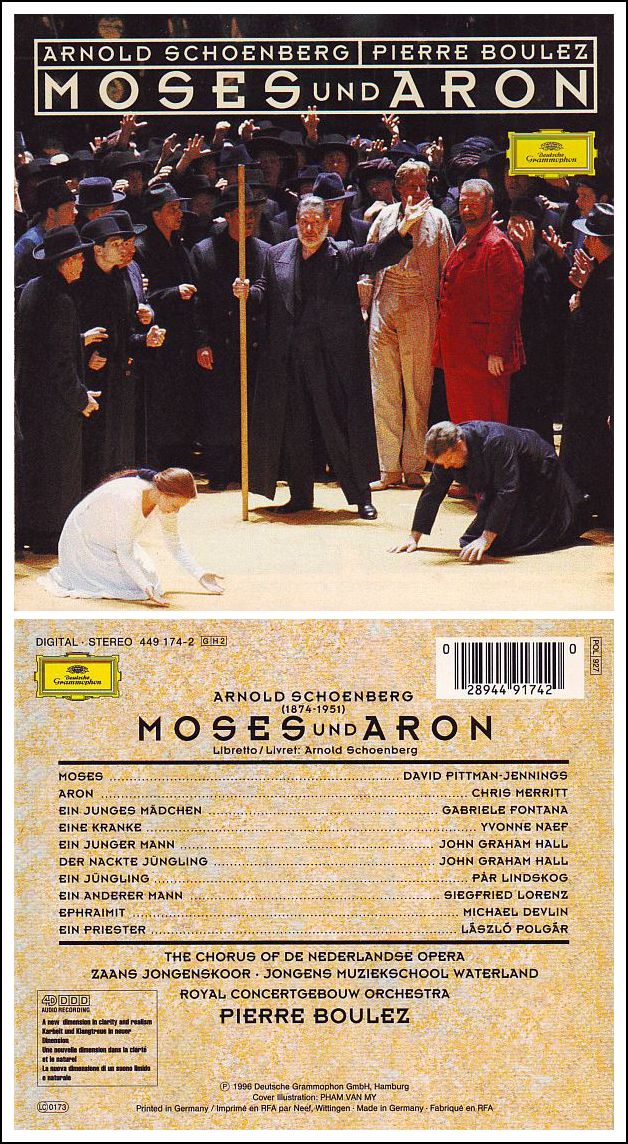
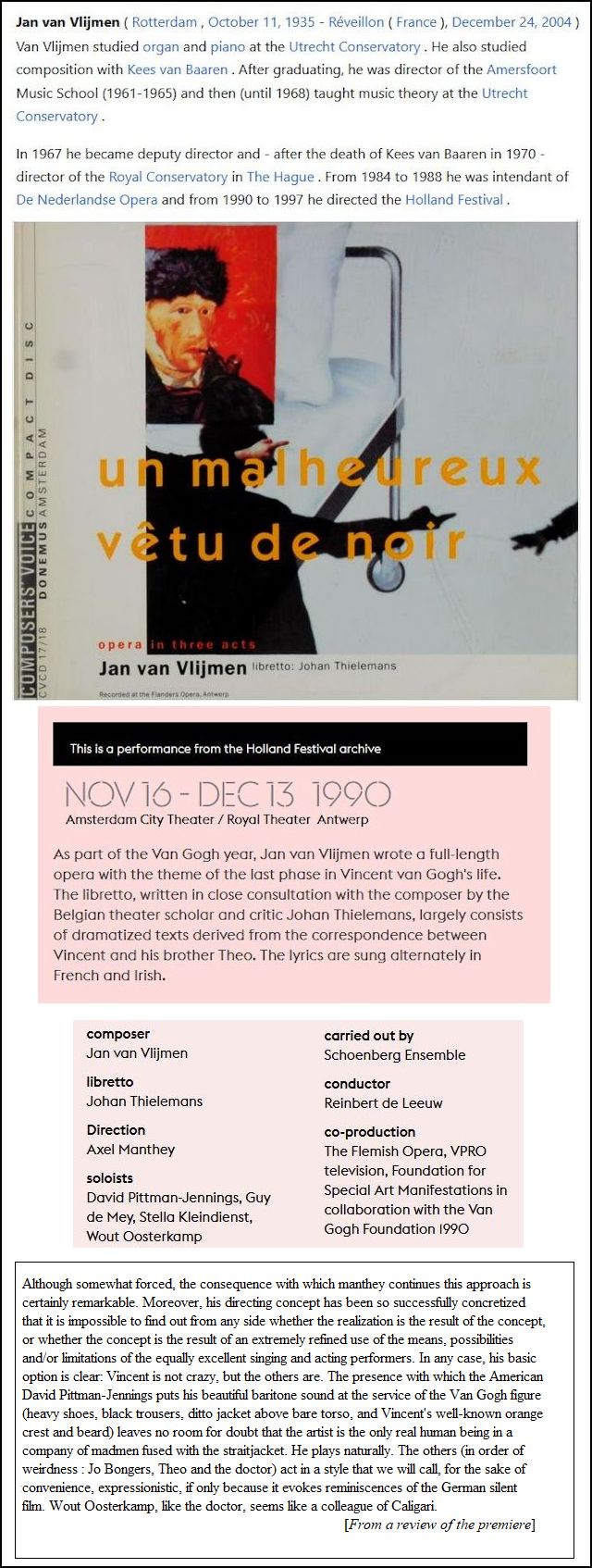
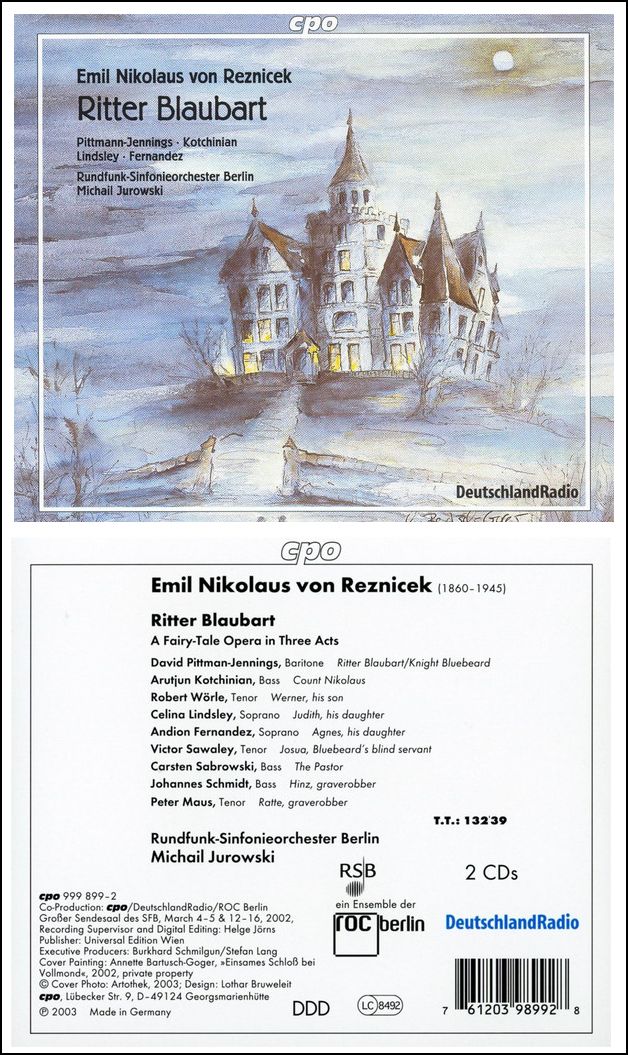
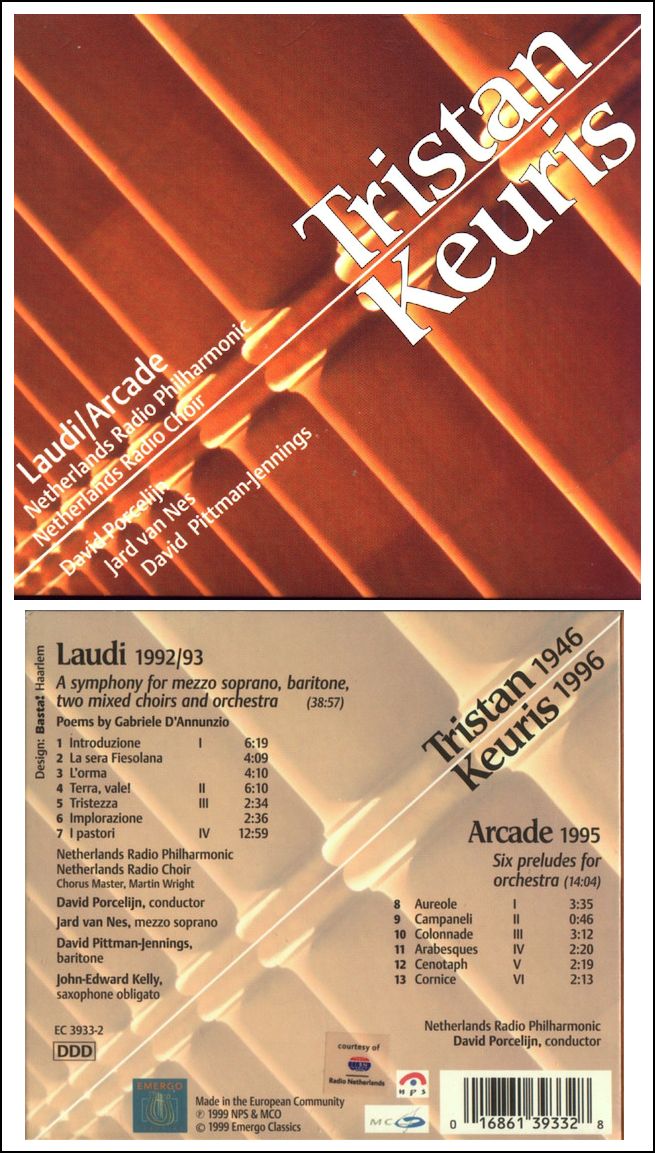 BD: Are there still some things that
you’re hoping to get the opportunity to do?
BD: Are there still some things that
you’re hoping to get the opportunity to do?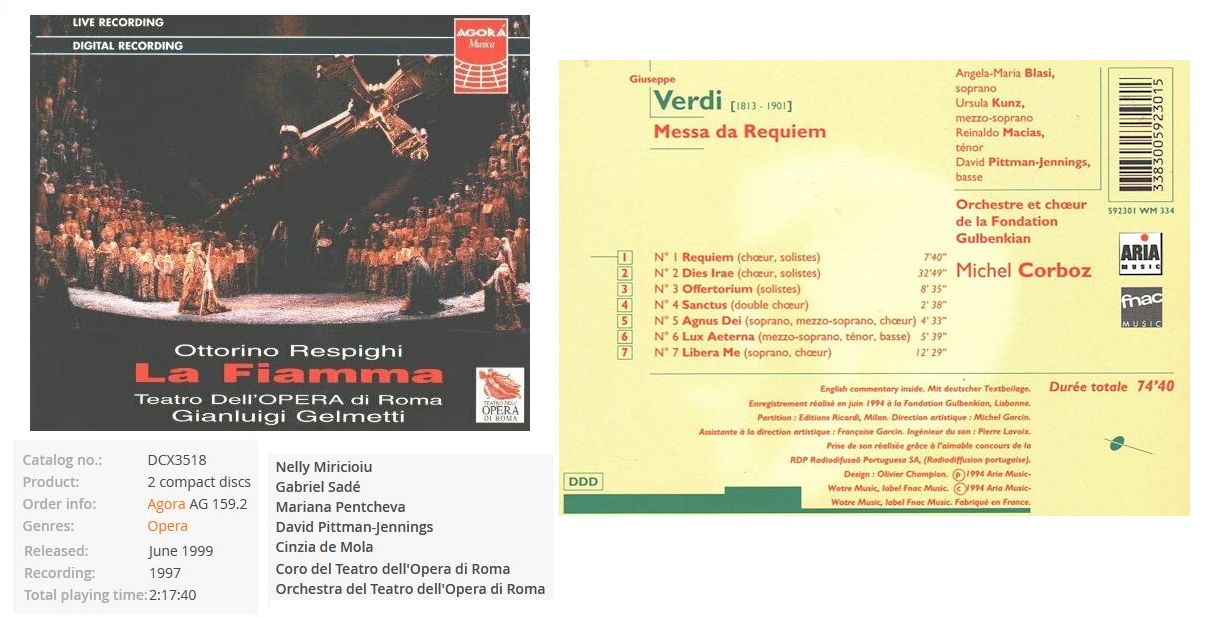
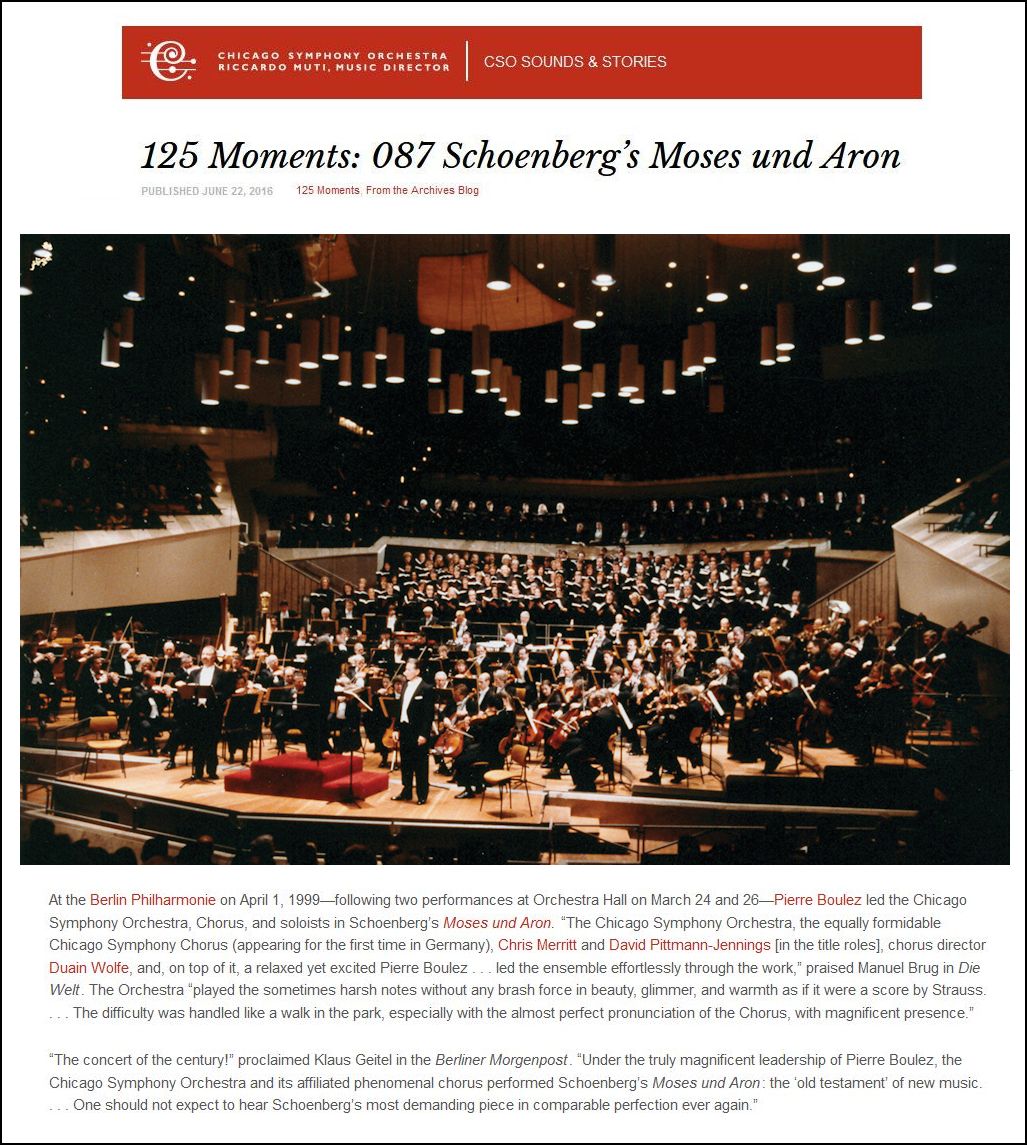
© 1999 Bruce Duffie
This conversation was recorded in Chicago on March 18, 1999. Portions were broadcast on WNIB five days later. This transcription was made in 2021, and posted on this website at that time.
To see a full list (with links) of interviews which have been transcribed and posted on this website, click here. To read my thoughts on editing these interviews for print, as well as a few other interesting observations, click here.
Award - winning broadcaster Bruce Duffie was with WNIB, Classical 97 in Chicago from 1975 until its final moment as a classical station in February of 2001. His interviews have also appeared in various magazines and journals since 1980, and he now continues his broadcast series on WNUR-FM, as well as on Contemporary Classical Internet Radio.
You are invited to visit his website for more information about his work, including selected transcripts of other interviews, plus a full list of his guests. He would also like to call your attention to the photos and information about his grandfather, who was a pioneer in the automotive field more than a century ago. You may also send him E-Mail with comments, questions and suggestions.